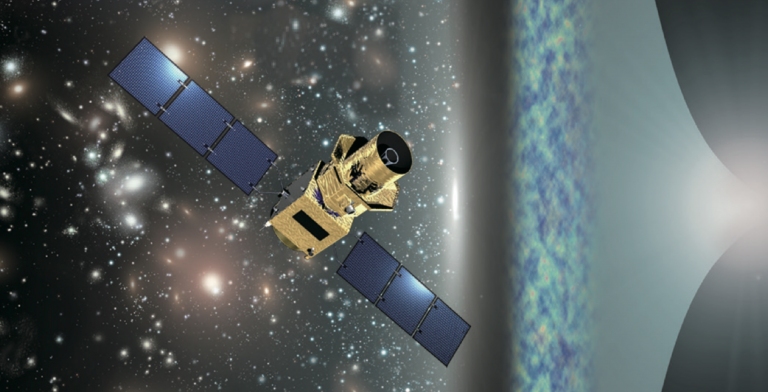
LiteBIRD is a space mission approved by the Japanese agency JAXA. It aims to study the early universe and in particular the phase known as cosmic inflation. To do this, it will observe the polarisation of the cosmic microwave background looking for particular configurations known as "B modes", which represent a unique signature of the primordial tensor perturbation, also called primordial gravitational waves. Measuring the amplitude and spatial dependence of these gravitational waves is a fundamental objective for cosmology as it would allow to constrain the physics of inflation, including its energy scale, which is still unknown. LiteBIRD launch is scheduled for 2028. At the moment the collaboration includes, in addition to JAXA: NASA, CNES, ASI, CSA and INFN. The instrumental configuration includes three telescopes (one reflector and two refectors) in the frequency range from 40 to 400 GHz, with overlapping bands, and about 4000 TES bolometers, cooled to 100 mK, on the various focal planes. The INFN Ferrara group is involved in both instrumentation development and data analysis. The instrumentation development is carried out in close interaction with INFN Pisa, which is responsible for SQUID control units. The data analysis activities include the development of simulations, the construction of the analysis pipeline and the scientific exploitation of the data.




